Episode 262: Anti-Racism in Medicine Series – Episode 18 – Remedying Health Inequities Driven by the Carceral System
The Clinical Problem Solvers
OCTOBER 18, 2022
Providing communities with the resources they need to survive, such as educational opportunities, jobs, and quality healthcare, will eliminate the need for incarceration. The carceral system needs to be changed and these children need to be supported and have their healthcare and education needs met.


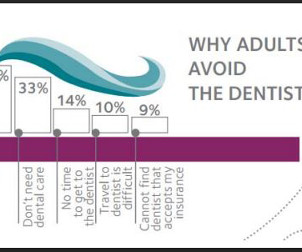
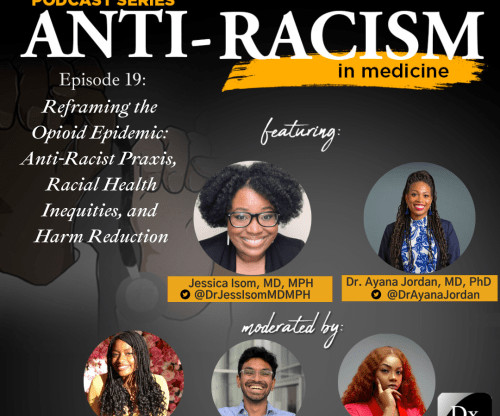
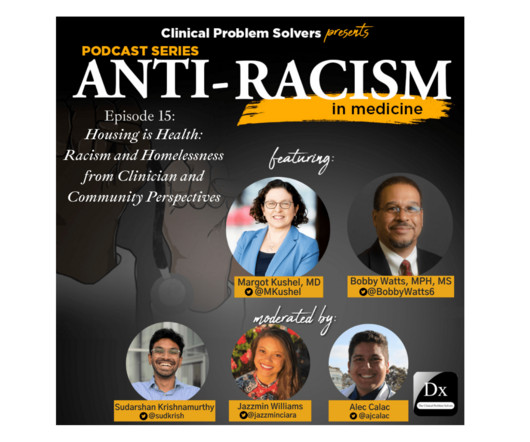





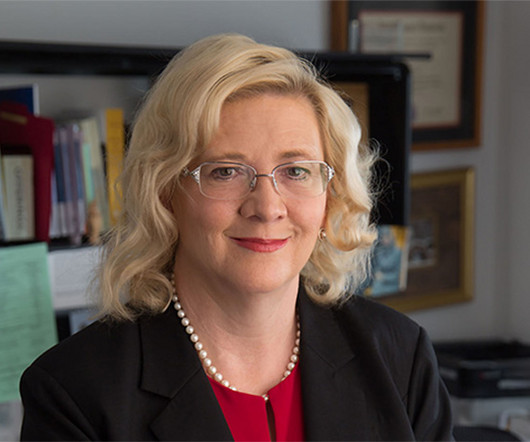

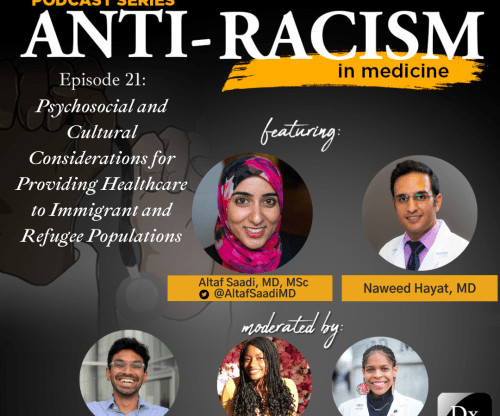






Let's personalize your content